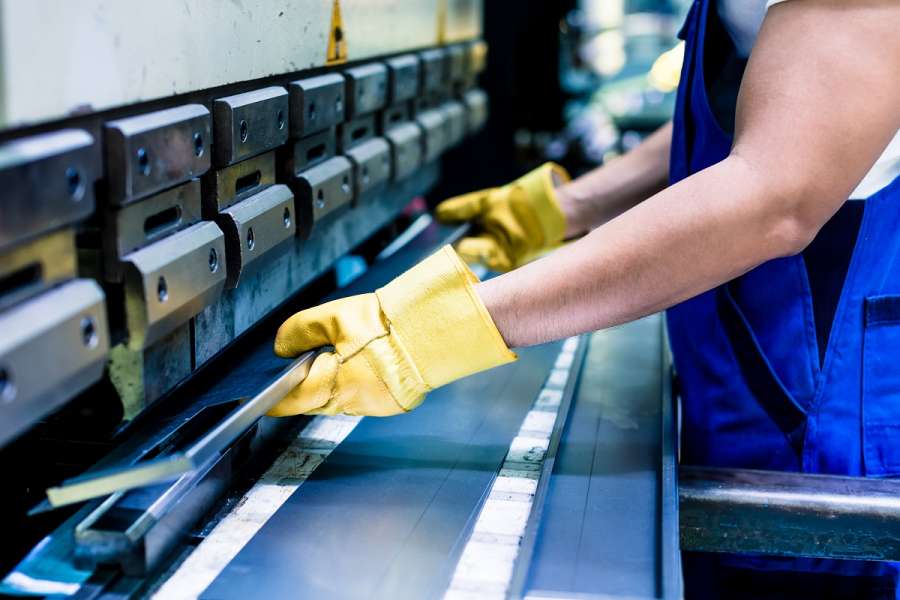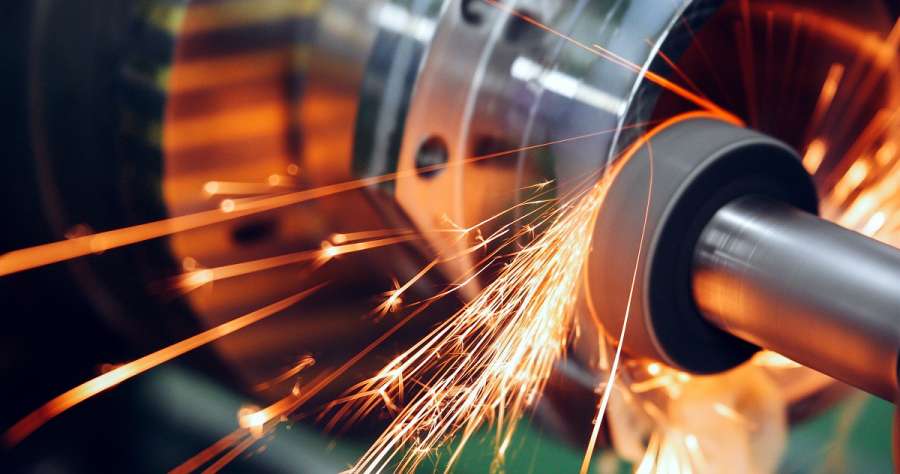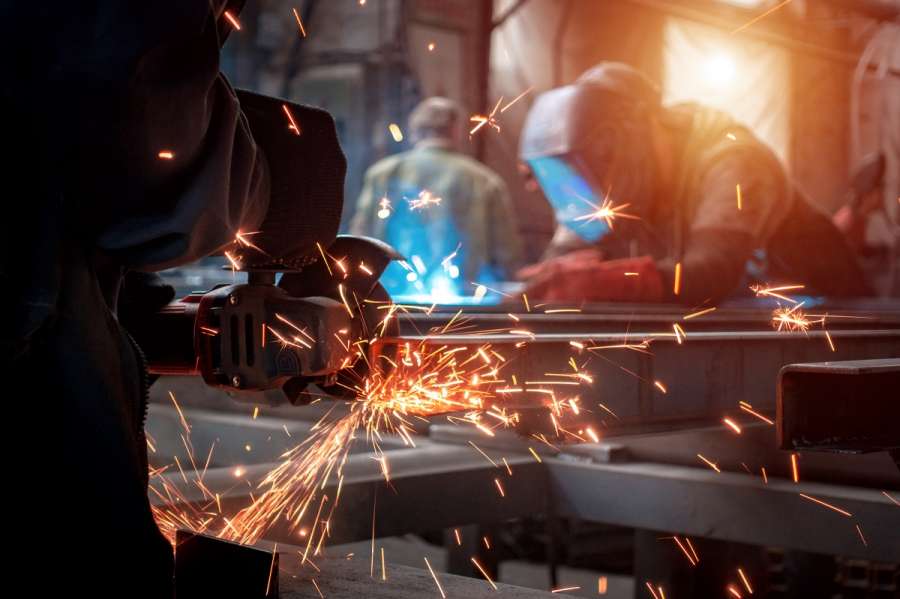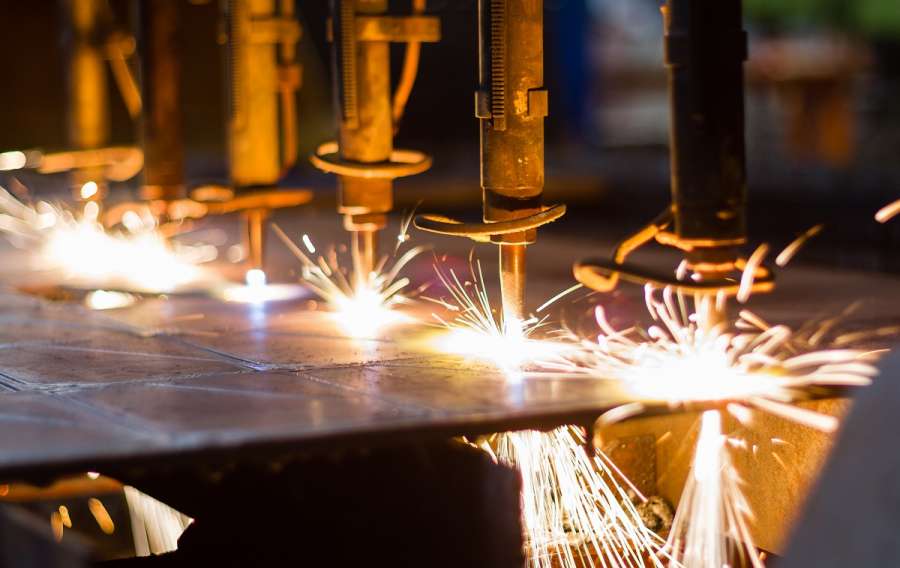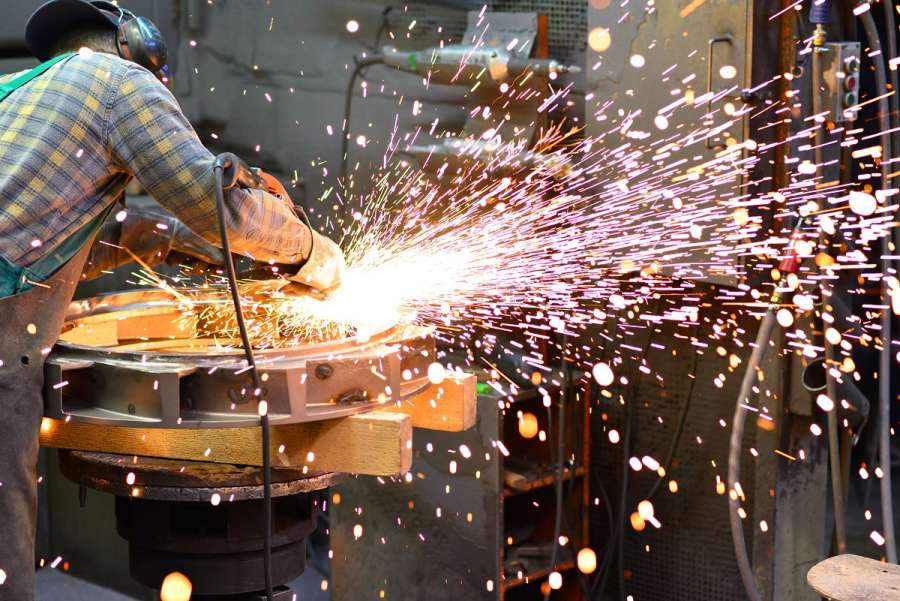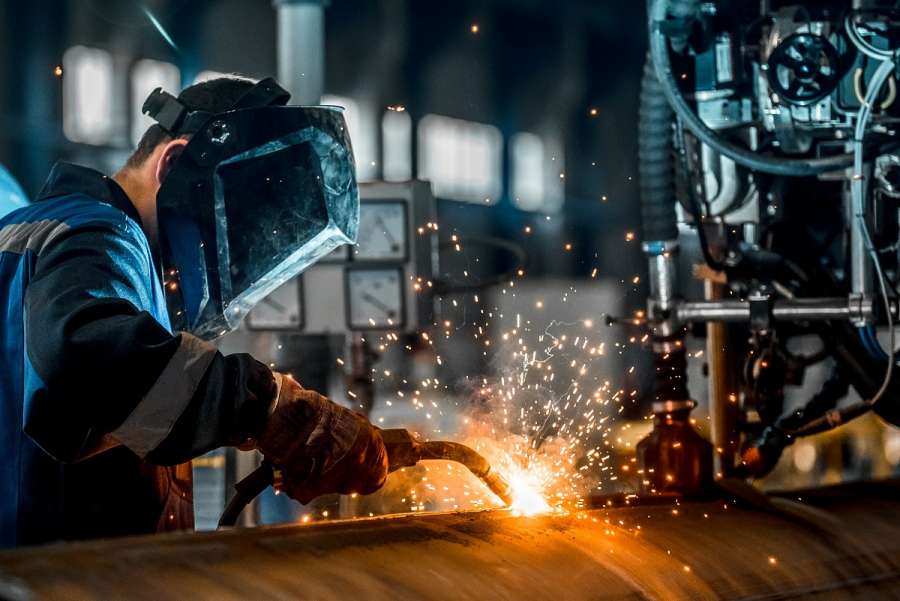
Welcome to the Myerson Solicitors Manufacturing Q&A with MHA Moore and Smalley, an independent accounting and wealth management firm based across the North West.
We delve into various aspects of the manufacturing sector and its challenges in the current economic climate.
From rising material and energy costs to skills shortages and the impact of technology, we explore the strategies implemented by businesses to remain competitive whilst navigating through uncertain times.
With a focus on customer support and best practices in financial management, we talk to Ginni Cooper, Head of the Manufacturing and Engineering team at MHA Moore and Smalley, to gain insights into the manufacturing industry and how clients are looking towards the future.




